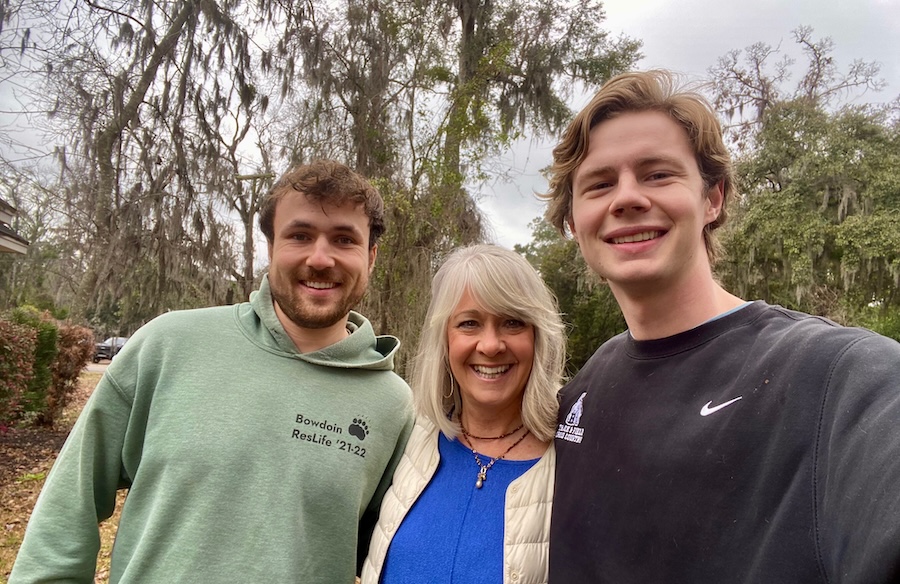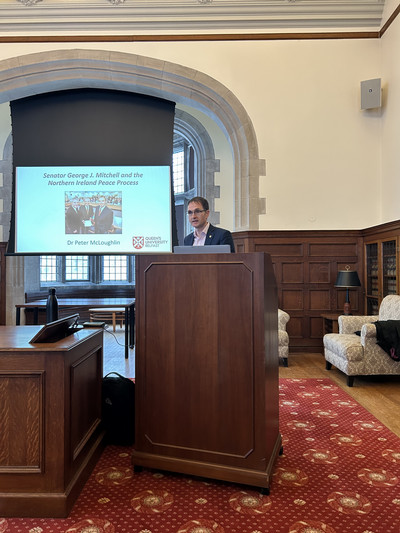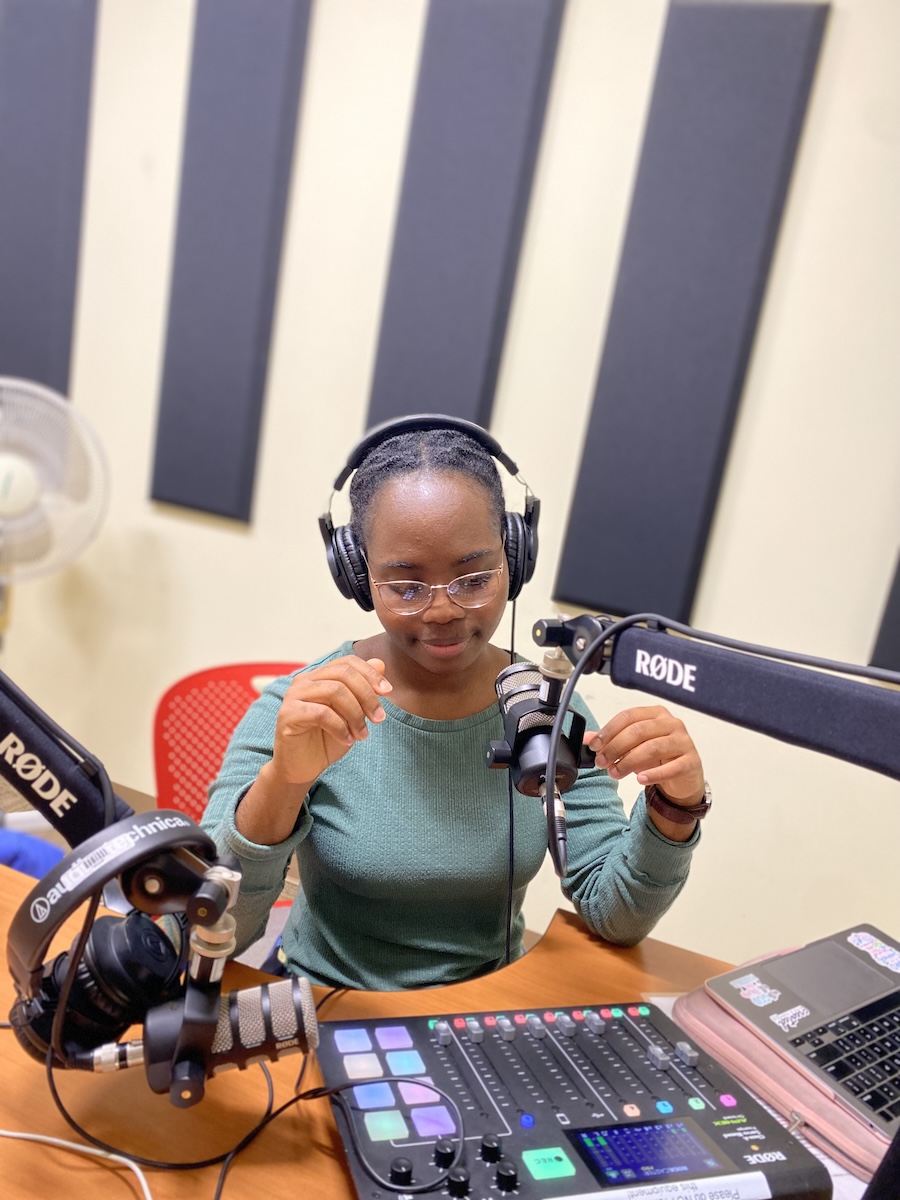Bowdoin Profile: First-Generation College Student Kathryn McGinnis ’21
By Rebecca GoldfineIn her early days at Bowdoin, Kathryn McGinnis ’21 had an experience that is not uncommon for first-year students at a liberal arts college. She arrived at college thinking she would be pre-med. But after taking a microeconomics class, she found a new academic passion.
“I was finally introduced to this world of economics, and I had never had that in high school,” she said in a recent interview. She’s now thinking she would prefer to major in economics and history, and perhaps minor in math or a science.
McGinnis went to a high school in a “cornfield,” she jokes, in a rural town outside of Columbus, Ohio. Neither of her parents has a four-year college degree. Her mother works for Central Ohio Technical College’s fees and deposits center, and her father is a hospital pharmacy technician.
As part of the QuestBridge Scholars Network at her high school, McGinnis received information from Bowdoin’s admissions department, encouraging her to apply. But, she had already heard about the school from some not entirely positive media coverage on a class once offered here that looked at prostitution in American history. “There were news articles about how Bowdoin had gotten a lot of flak for offering it,” she said. But she actually was impressed. “I was like, that is a great college that can offer this class and look at something so controversial with an academic edge. I said, I want to go to Bowdoin!”
So far, she’s been impressed by the richness of offerings here. “Last week, I was walking around and stumbled into a lecture on US-China relations,” she noted. And she’s taken advantage of “the availability of resources here to do what you want to do,” by joining the equestrian team and writing for the campus newspaper. She is also applying for a funded internship grant from Bowdoin Career Planning to work at the Gettysburg National Battlefield this summer.
Though she’s appreciative of all the resources and funding available, particularly for first-generation students like her, McGinnis said she first tries to tackle challenges on her own before seeking help.
“There’s not enough time in the day to go to the writing center or see all the tutors!” she said. “If I need help usually I’ll hunker down first myself before I’m like, ‘Okay, I’ve hit the bottom, now I’ve got to go get help.’ I think we [first-generation students] are still trying to prove to ourselves that we belong here.”



